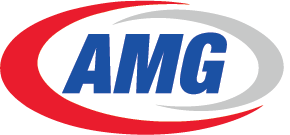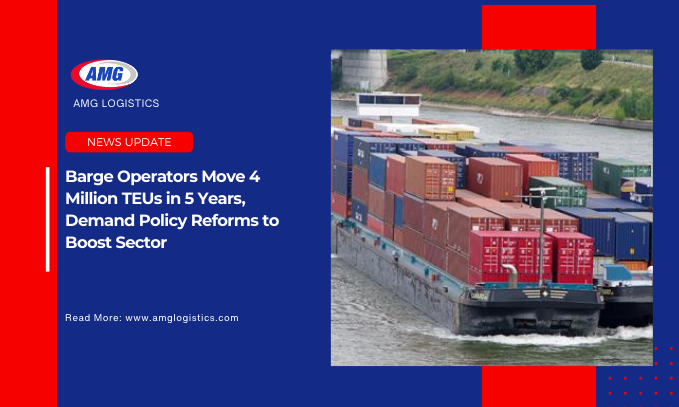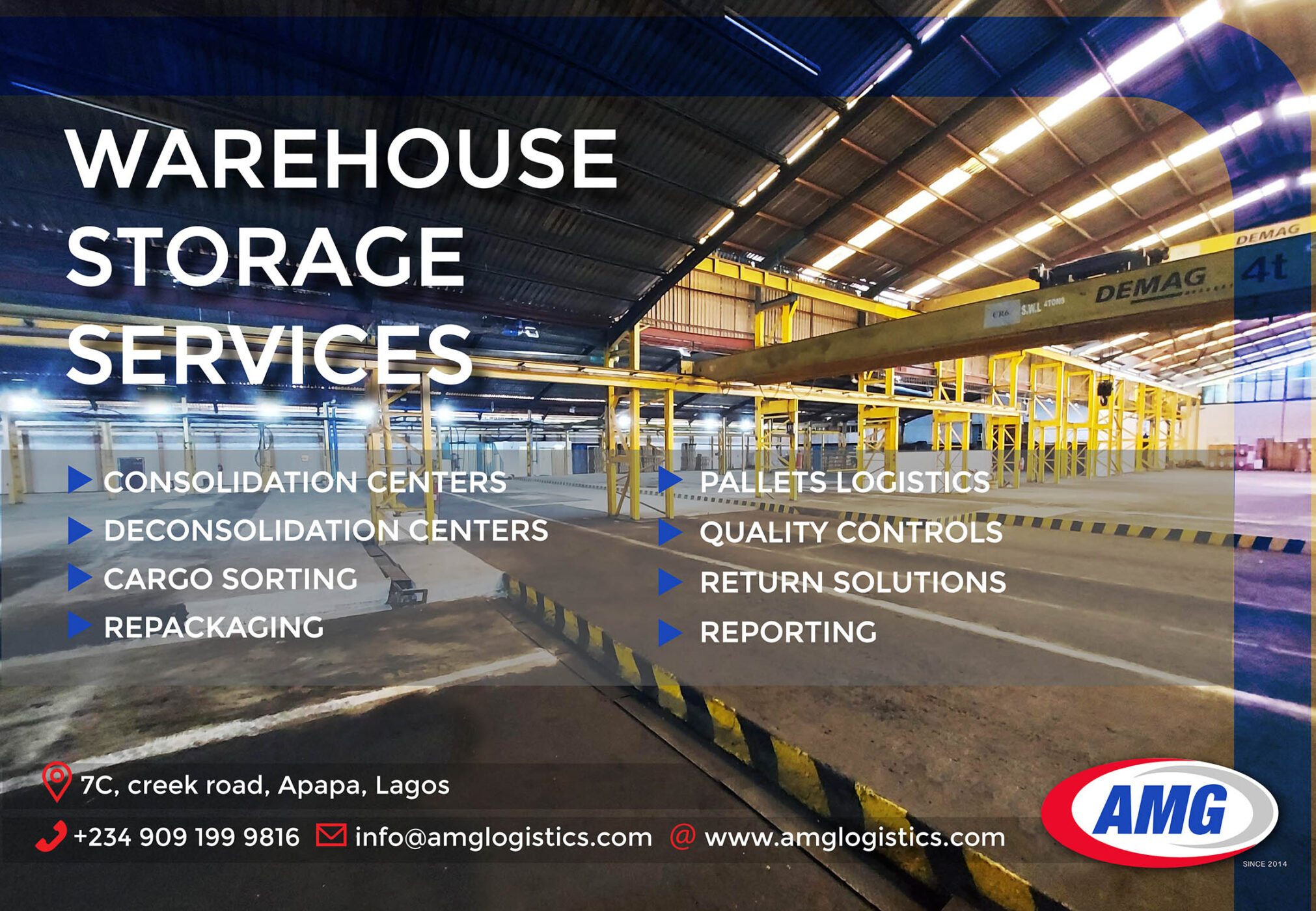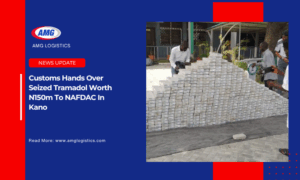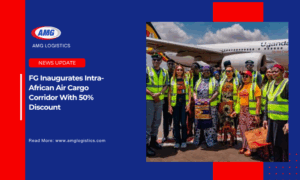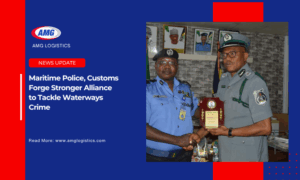The President of the Barge Operators Association of Nigeria (BOAN); Mr Olubunmi Olumekun, has highlighted the significant strides made by the association since its inception in 2019, while calling for urgent policy reforms to address challenges facing the industry.
In a chat with our correspondent, Olumekun revealed that members of the association have facilitated the movement of approximately 4 million Twenty-foot Equivalent Units (TEUs) of cargo across Nigeria’s waterways. These he said include imports, exports, and other cargo entries, positioning barge operations as a critical component of the nation’s maritime logistics.
Olumekun disclosed that BOAN comprises of 82 member-companies, collectively operating over 2,000 barges and tugboats in Nigeria. He said each barge employs a minimum of 13 crew members, contributing significantly to job creation in the maritime sector. He described this as a testament to the immense potential of barge operations to generate employment and support economic growth.
Reacting to factors that have affected barge operations over the years, the BOAN president identified restrictive government policies as the most pressing issue stifling the industry’s growth.
He said a key concern is the ₦50 mBarge Operators Move 4 Million TEUs in 5 Years, Demand Policy Reforms to Boost Sectorillion annual cash bond required by the Nigerian Ports Authority (NPA) for licensing barge operators. He explained that this cash bond remains idle in a bank account for a year, unke insurance bonds used globally, which are cheaper and more efficient. Adopting insurance bonds, he argued, would reduce costs and attract more operators into the sector.
Olumekun stressed that BOAN was established to regulate its members, enforce safety standards, and combat the prevalence of substandard operators. Each barge is assigned an identity number to ensure traceability and accountability in case of incidents. He noted that many accidents are caused by unregulated operators who lack the necessary knowledge and expertise, further emphasizing the need for stronger regulatory frameworks.\
Comparing costs, Olumekun acknowledged that transporting cargo via barges currently appears more expensive than road transport, largely due to high charges from terminal operators and government agencies.
According to him, moving cargo by road from Lagos port to Oshodi-Isolo costs around ₦200,000, while barge operations can cost between ₦500,000 and ₦600,000 due to additional charges. He stated that if these financial impediments were removed, barge transportation would be at least 50% cheaper, given the ability to move large volumes efficiently.
Highlighting the benefits of waterways transportation, Olumekun pointed out that barges ensure timely and safe delivery of cargo, eliminating risks like road delays or short shipments. He explained that with a barge, all containers arrive simultaneously. Even if a tugboat develops a fault, it can be replaced without disrupting the operation, a level of reliability unattainable with trucks.
The BOAN President criticized government’s disproportionate investment in road infrastructure at the expense of waterways. He advocated for a balanced approach, allocating a percentage of cargo movement to waterways to reduce road congestion and lower long-term costs. He added that barge operations in Nigeria are not new, recalling how they were effectively used in the 1960s and 1970s. According to him, the government must revisit and improve on these practices rather than focusing solely on road transport.
Foreign dominance in the industry is another major concern for BOAN. Olumekun called on the government to enforce local content regulations to protect indigenous operators. He argued that foreign companies should stick to their core businesses, such as shipping and terminal operations, while local operators handle barge and logistics services. Citing examples from countries like India, he explained that foreign dominance in local industries is heavily restricted, urging Nigeria to adopt similar protective measures.
